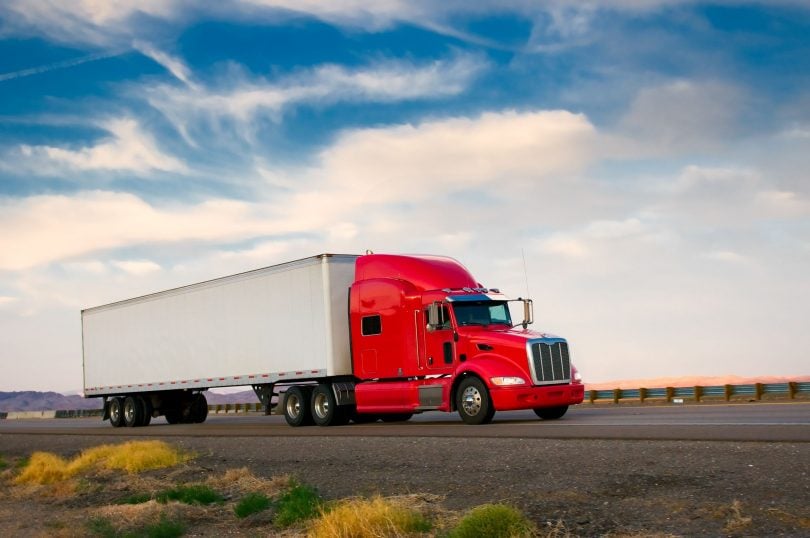Interstate versus intrastate — it’s only a difference of a letter, right? Wrong. It could mean a significant difference in logistics and costs for your upcoming move. We’ve broken down the differences between interstate and intrastate moving to save you money and help you avoid any potential headaches.
Why does it matter?
Sometimes what you think is an intrastate move (a move that stays within the same state lines) is actually considered to be interstate after all. For example, when the fastest or most direct route to your new home involves cutting across state lines — that’s interstate. If that’s the case, your mover may need additional permits or insurance, and there might be different regulations in the next state over. All of this could result in additional fees if your mover is primarily a local company rather than one that is prepared for long distance moving. Ease your long distance move by hiring a company that’s already prepared for your specific job.
Interstate Moving
Though one might think this means moving goods from one state to another, the definition of an interstate move actually includes the simple act of bringing items across the border — even if they cross back into their state of origin, or are traveling by train in a shipping container. These terms are governed by the FMCSA (Federal Motor Carrier Safety Administration) rules and regulations. Professional interstate moving companies are already well-versed with how to navigate crossing state lines. With that being said, interstate moves do generally cost more, in part due to additional permitting required. Be sure to check with your company before signing your contract to see whether state lines will need to be crossed.
Intrastate Moving
The cost of moving long distance will likely not be as high if your belongings won’t have to leave the state. Single-state moves are not governed by the FMCSA, so each state has different regulations and permitting systems that your local mover is already following. Of course, every consumer should be well-educated, so familiarize yourself with your state’s regulations to be sure your belongings are in good hands.
What’s one more reason it’s important to know if your goods are crossing state lines? It could change the way claims are processed if any damage occurs. Let’s say your New York moving truck momentarily crosses into New Jersey and has an accident. Now you’re dealing with the FMCSA as well as New Jersey state processes. If you didn’t secure insurance for New Jersey, you’ll find yourself out of luck . Being informed is the best way to keep yourself protected!








